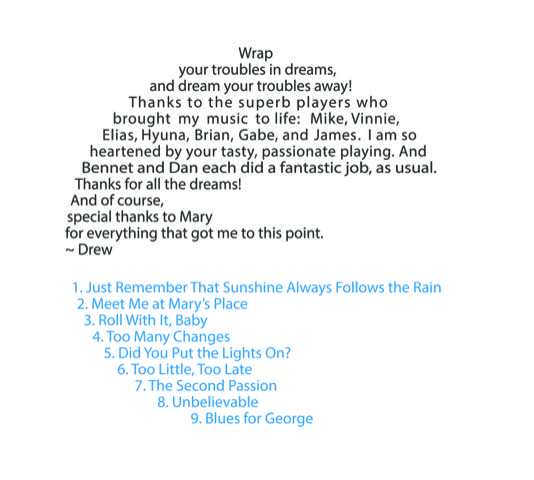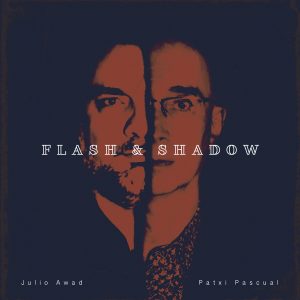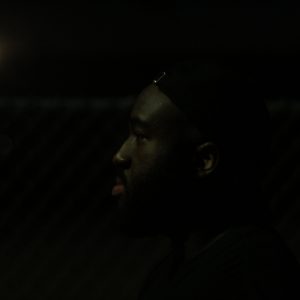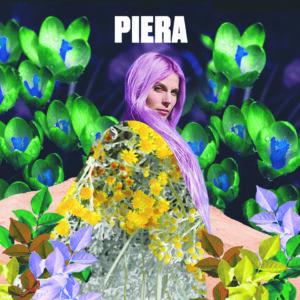Drew Paralic is a non-performing jazz composer & arranger. He decided to record his compositions starting in 2000 and chose to hire professional players instead of playing himself. Drew has arranged his music, over 45 originals recorded thus far, in a variety of settings: quartets, trios, duos and solo piano pieces, and often employed different lead instruments – various saxes, clarinets, flute, trumpet, flugelhorn, piano, and even vocals on two pieces, “How Billlʼs Heart Sings” and “My Wintertime Sky”. His first CD, “Too Little, Too Late”, won an OMA award in 2002.
Recently Drew released his fifth album “Mary’s Place”.
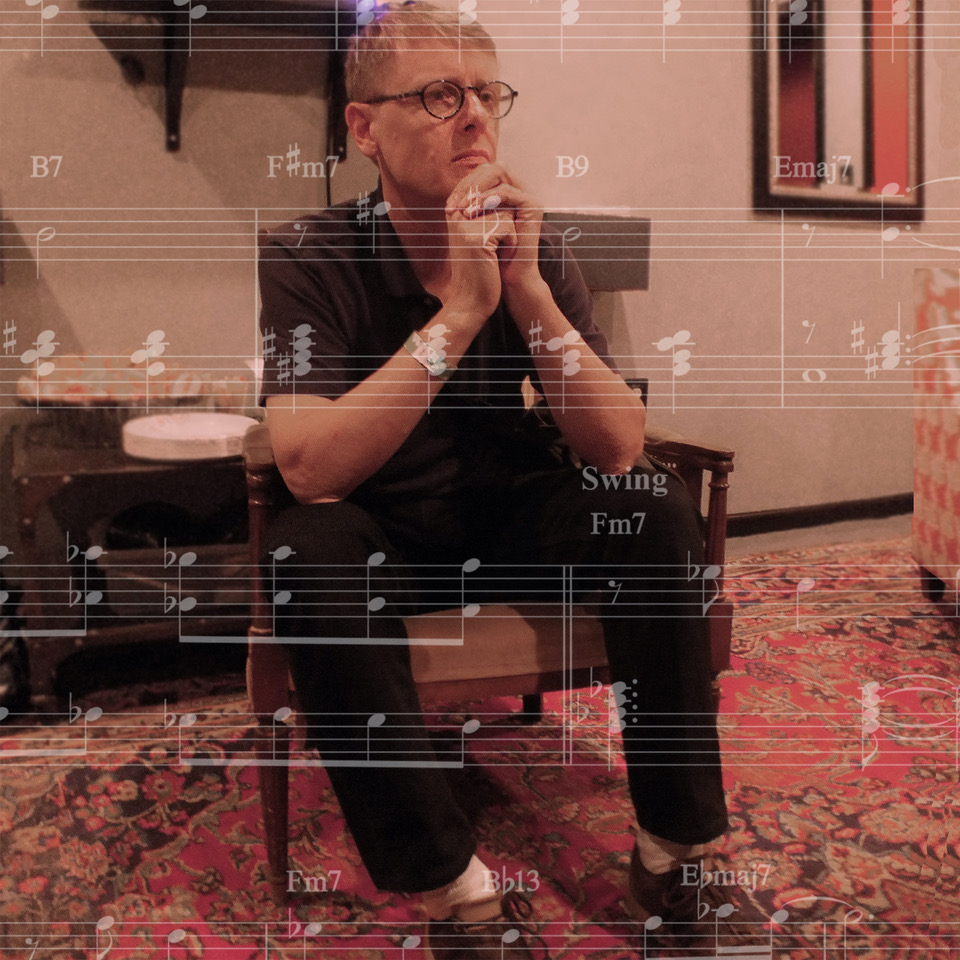
How did you come to music?
I did not begin formally with music in my life until the age of 20, when I signed up for piano lessons. As a teenager, I taught myself rock/rhythm guitar. I even played with local garage bands. I liked much of that genre; actually, my love of Elton John led me to the piano. Thankfully, I had a great jazz teacher. Once I heard jazz, Elton took a back seat! But I was so far behind – most players began training as children. My teacher would capitalize on my ear and introduce me to standards; I was obsessed with with harmony – infinitely much more intricate that rock music. I analyzed many tunes and wrote my first piece at the age of 21.
Do you have musical education?
In addition to piano lessons, I studied in a jazz workshop under the tutelage of the legendary bass player Milt Hinton. I attended several other jazz workshops, including the renowned Jazz Mobile in Harlem NYC. All the while I was conscious of my playing not being jazzy enough. So I continued to submerse myself in the wonderful NYC jazz scene, and listen – which is at least 50% of becoming a good jazz musician. I also studied some classical piano to improve my technique. I stopped lessons after 10 years. I didn’t make my first CD until the age of 40. And I always hire great players to play my tunes and arrangements.
Why have you chosen jazz?
As I implied earlier, once I heard Bill Evans, Thelonius Monk, Lester Young, Miles, etc. I couldn’t possibly go back to rock and roll! The music was freeing, spontaneous and alive. And there is always room for your input. Rock is much more limited than Jazz.
As I understand, you are non-performing musician. Why?
Because I got into playing very late in life, I always hire great musicians including pianist who play far better than I do. I want to hear my music perfectly executed…
How do you search for musicians? Is it hard to find them?
No it has never been difficult. I have been lucky to get the same musicians to play my tunes and arrangements for a decade now – some as long as 20 years. And they have plenty of contacts if needed. NYC is quite a resource!
As I know the core of jazz is improvisation. How do you compose the jazz that is played by others? Do you determine every note or give them any kind of freedom?
Being a huge jazz lover, I rarely tell musicians what to play. I will dictate when, maybe how, but not what.
My music is, basically, pre-electric jazz (pre mid 1960s). The best musicians will play accordingly to the style of the music; I think I get the best results when I trust them.

Where do you get inspiration?
Well my last recording, Mary’s Place, are mostly tunes written about the end of my mother’s life. Other times, my inspiration may come from my jazz piano pursuits, the blues & other jazz related history. Sometimes I awake with compositional or arranging ideas, in which case I head right to the piano and write it down…
Do you imagine the result when you start writing a new track?
When I get to the arranging phases of the piece – things I can’t do very well at the piano, like playing it at brisk tempo – I think of the instrumentation, especially. Sometimes I think of the specific player I hope to get, but normally what instrument for the melody dictates the rest of the process, I have to say that I have rarely been disappointed.
Do you have any favourite tricks?
Tricks?
1. Within the composition process: mostly harmonic substitutions and rhythmic displacements that add to the jazz character of my music
2. Within the arranging process: the placement of solos, the pairing of the instruments (or maybe individual players) I want at that moment.
What are you going to do in the nearest future?
In the nearest future, I am afraid music must take a back seat for a time. Now, I am getting back to life and work in NYC, as a piano technician/tuner. NYC was pretty devastated from COVID, but, due to the vaccines, is rebuilding, albeit slowly.
On my last album, Mary’s Place, I experimented with a quintet for the first time. I am quite happy with the results, but know I can improve things…
And I am resuming piano lessons this week!
